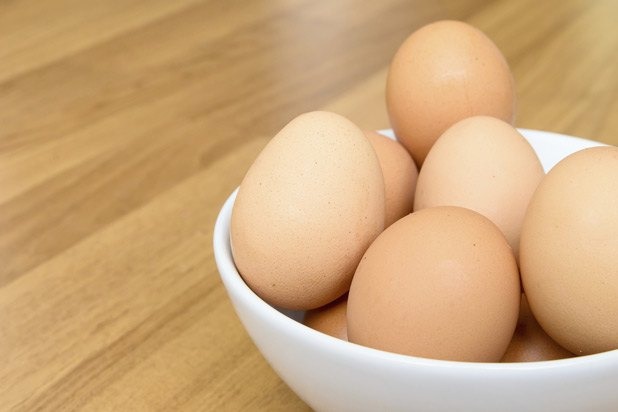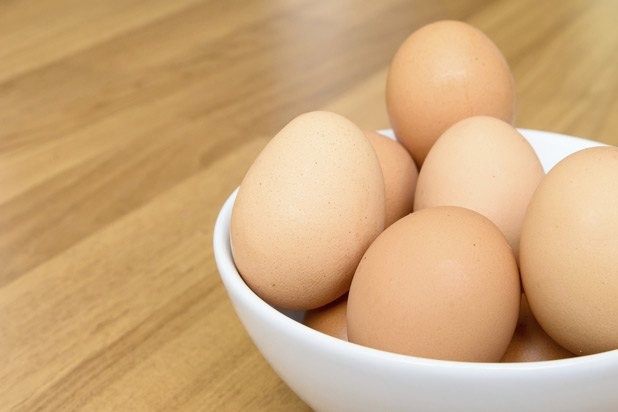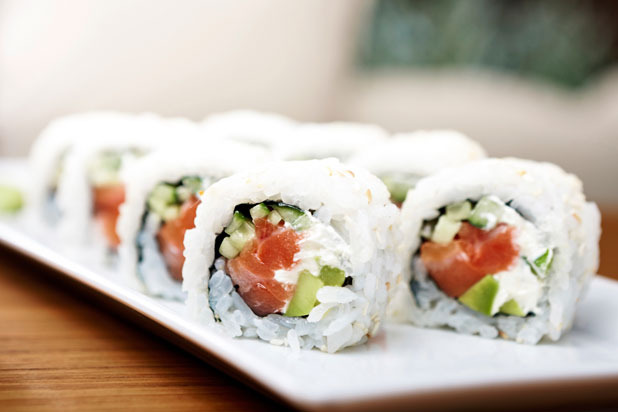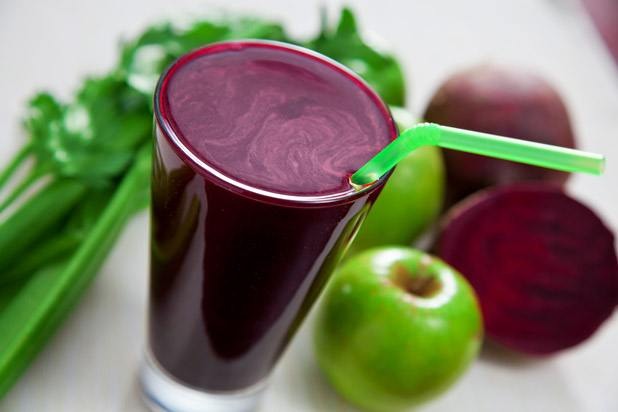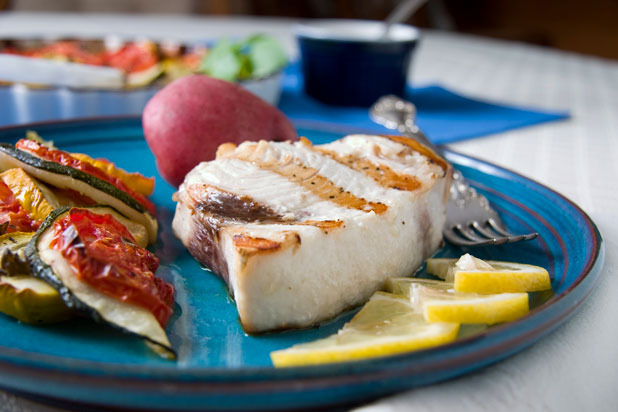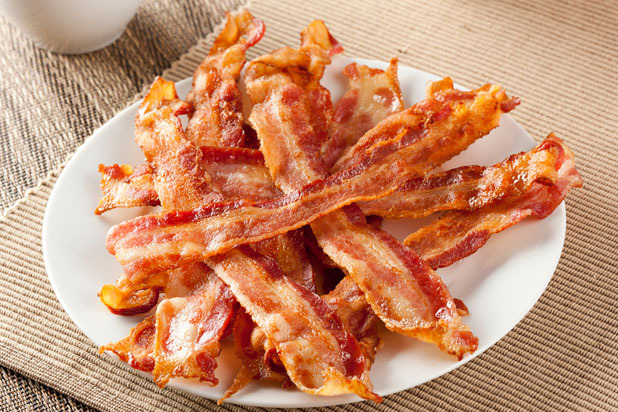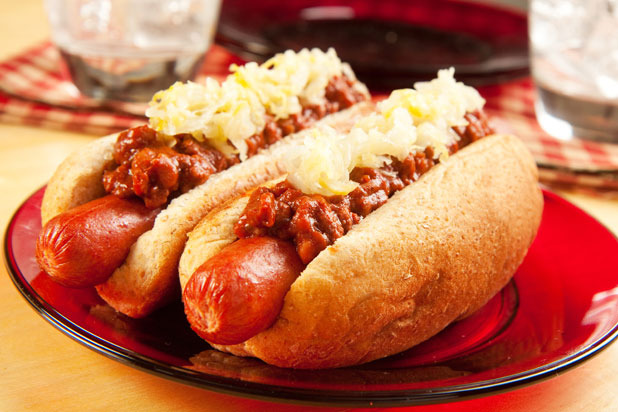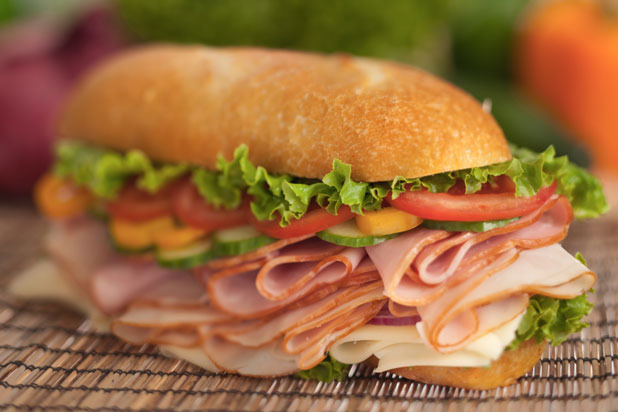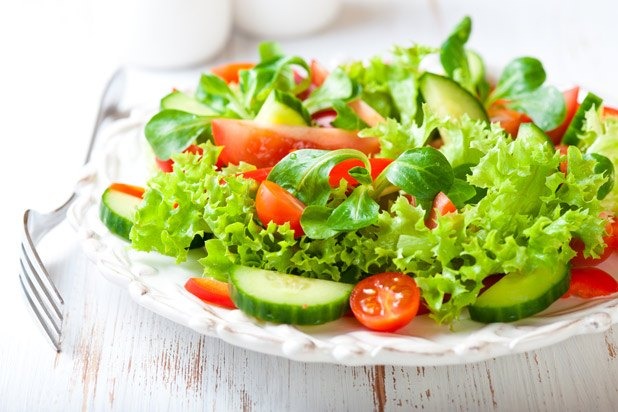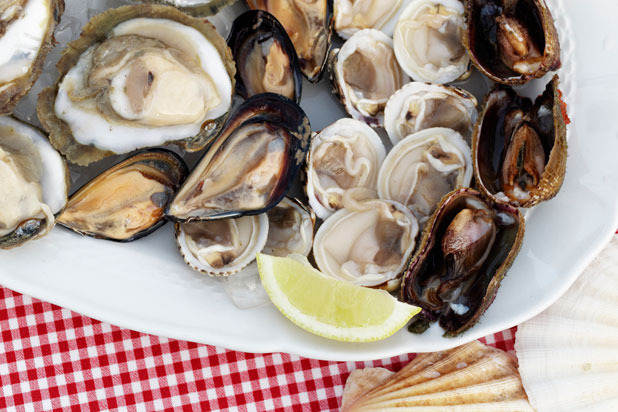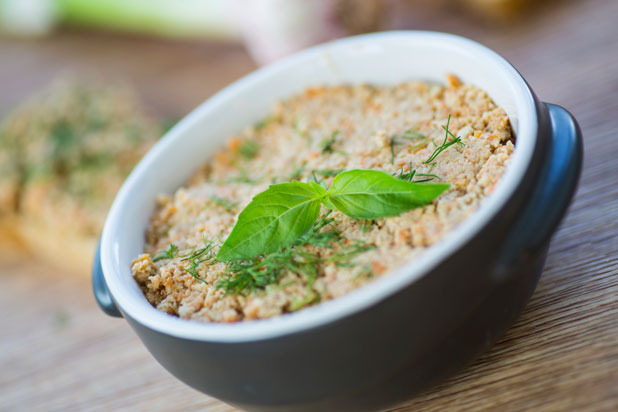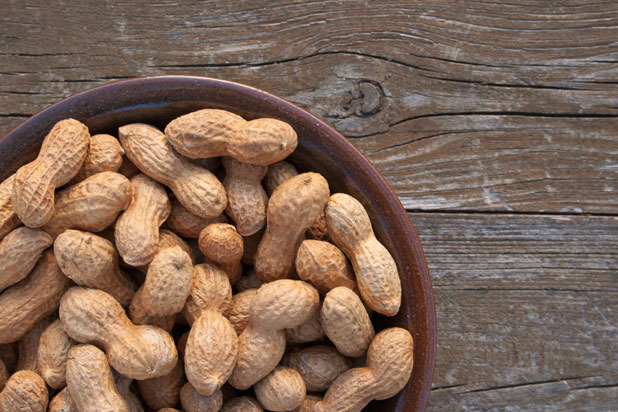10 Things Pregnant Women Shouldn't Eat (Slideshow)
Eggs That Aren’t Well-Done
All eggs eaten during pregnancy should be cooked until they're not runny, but you should order them well-done just in case, to avoid any chance of contracting salmonella. And don't forget that most Caesar dressings contain raw egg!
Sushi
While eating sushi while pregnant is common practice in Japan, it's risky, especially if you're not sure about the freshness or pedigree of the raw fish, which could give you food poisoning. In any case, any sushi eaten should be of a super-high quality, and stick with low-mercury fishes like salmon and shrimp.
Fresh-Squeezed Juice
Any juice that hasn't been pasteurized (like cider fresh from the farm or orange juice at a fancy brunch) still can potentially contain viruses and bacteria, and the fruit that goes into fresh-squeezed juices isn't always washed beforehand. Best to stick with the bottled stuff.
Mercury-Rich Fish Like Swordfish
Mercury, a byproduct of coal-burning factories, enters the water supply and builds up over time in fish. Because mercury can interfere with the development of a child's brain and nervous system, it's best to avoid fish that typically contain high levels of it, like swordfish, tilefish, king mackerel, and shark. The USDA approves consumption of up to 12 ounces of low-mercury fish per week, like shrimp, salmon, tilapia, catfish, sardines, pollock, and light tuna.
Breakfast Meats
Processed breakfast meats like bacon and sausage are high in sodium, nitrites, and fat, and low in essential nutrients, so they're best avoided. They can also be exposed to viruses and bacteria like listeria during processing, which may not be killed off if the meat isn't heated properly. So tread lightly at the breakfast buffet unless the offerings are steaming hot.
Hot Dogs
Like breakfast meats, hot dogs are loaded with chemicals and contain little nutritional value, and they can also harbor listeria, a bacteria that causes listeriosis, which can lead to miscarriage and other major health problems.
Deli Sandwiches
Deli sandwiches, and cold cuts in general, can be loaded with bacteria and viruses, especially if the meat has been pre-sliced and sitting around for a while. And because it's not heated to a point where the germs can be cooked off, there's the potential that it could make you, and your baby, sick.
Salad
If you're making a salad at home you should be fine, but many restaurants don't sufficiently wash vegetables before they're added to salads. Improperly washed vegetables can harbor E. coli and countless other microscopic threats. Other things to be on the lookout for are raw sprouts: alfalfa, mung bean, clover, radish, etc. It's very difficult to remove bacteria from them, so always make sure that they're not included in any dish you order.
Oysters, Mussels, and Other Shellfish
Raw shellfish is a major source of food poisoning, and can be contaminated with bacteria, viruses, and toxins. Cooked shellfish is generally OK, but if it's spoiled it will still make you sick.
Liver
It's best to avoid liver and any food that contains it (including cod liver oil pills) while pregnant. Why? Liver contains a very high amount of retinol, a type of vitamin A, which can be harmful to your baby. Don't avoid all vitamin A, though, as it's necessary for a baby's development. Just get it from other sources, like carrots and broccoli, which contain it in lower concentrations.
Peanuts
It's been found that expecting mothers who eat a high quantity of peanuts or peanut butter during their third trimester might give birth to a baby that has a higher chance of having a peanut allergy. While it hasn't been proven, it's best to keep peanut consumption to a minimum.
